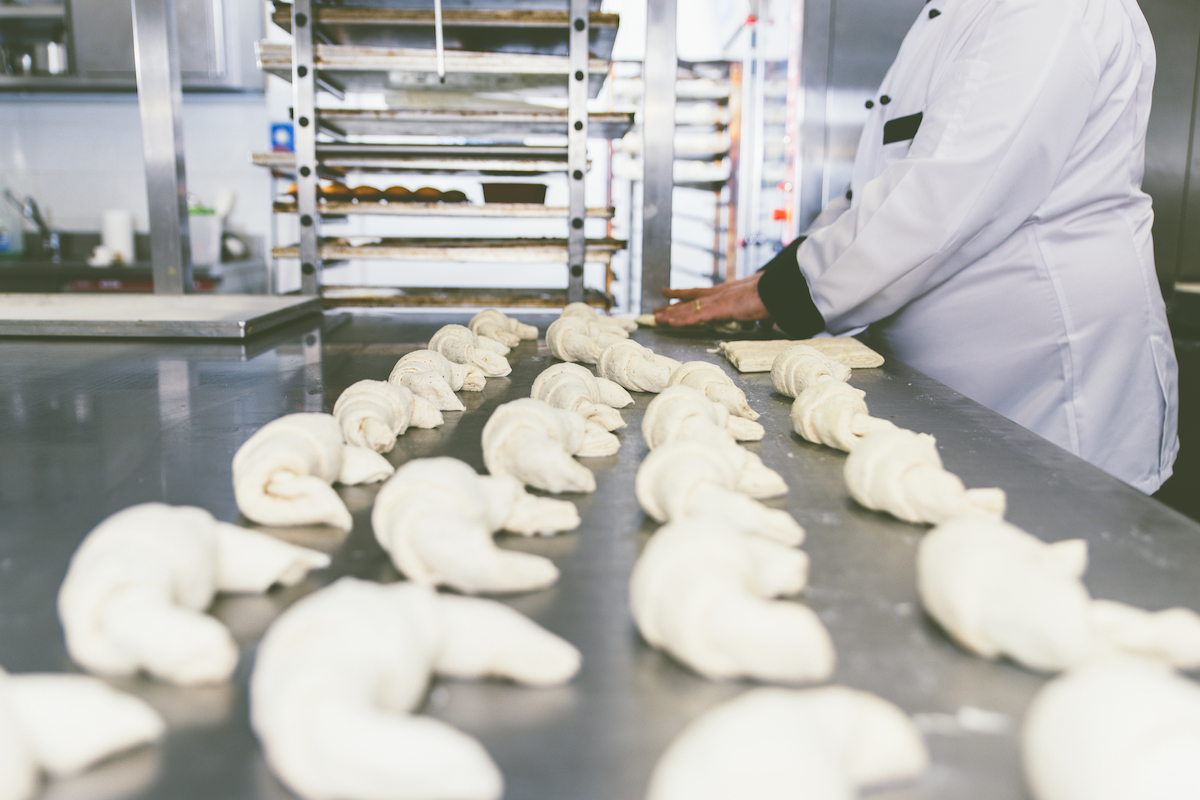
Water treatment plant for the food and beverage industry
When installing a water treatment plant for the food and beverage industry of all kinds. You must look for a company with extensive experience in this field. This is due to the consequences of installing the station from many essential matters for the factory’s success and the conformity of the final product to the standard specifications of the concerned authorities.
Types of plants that should install in a water treatment plant
Dairies, slaughterhouses, meat and meat processors, bottled beverages whether fizzy or juice, baked goods, flour, and grain facilities.
Why should a water treatment plant be installed in all factories related to food and beverages?
- Where a great deal of hygiene must be available.
- Water treatment to maintain high-quality end-product standards and extend shelf life.
- Industrial food and beverage facilities test for impurities in their production water and validate solutions to ensure that all process water consumed remains fit for use in their production processes.
- No more clogged pipes, and less sediment collecting on all types of equipment.
- Reduce downtime.
- Significantly improve system performance which reduces the initial capital investment of the system.
- No leaching of chemicals.
- Significant savings in production costs.
A way to develop your factory
With increasing international and domestic pressure, the food and beverage industry has to look for new ways to direct its product development and achieve continuous control of costs and health risks to meet the demands of its customers. As such, water treatment is a significant issue, whether it is an integral part of production processes, involved in the formation of products, or used in cooling, steam production, or cleaning processes. To keep water consumption under control and ensure reliable operation of its production, taking into account seasonal changes and new production lines, industries are looking for safe and high-quality water supplies.
Unique solutions to new challenges
Beverage manufacturing companies and their processors face unique challenges daily, and to overcome them. It is preferable to develop some solutions that will relieve you in the future from thinking about everything related to water treatment. Water sources, disinfection processes, and processing residues can affect the taste and quality of the final product. Soft drink Its production begins with a pure source of water. Drinking water often contains trace amounts of various ions that alter its taste. Contamination of drinking water can lead to product loss (not only resulting in production losses, but also higher effluent surcharge costs), and loss of consumer confidence. Bottlers use filtering equipment and other processing equipment to remove residual impurities and standardize the water used to make beverages.
Compliance with international standards is not an option
In dairies, slaughterhouses, and meat processors all water used must comply with relevant guidelines. From slaughter to cleaning to processing – source water, process water, and wastewater must be free of iron and manganese. Iron and manganese, if the water is contaminated, will be fixed in the product, clogging pipes and sprinklers.
Many of these problems negatively affect the basic performance of water activation systems in use, resulting in loss of productivity, or the need for over-investment in capital equipment.
Operation and maintenance of drinking water treatment plants include the following tasks
- Operate and adjust control equipment for water purification and filtering.
- Inspect equipment and monitor operating conditions, meters, and gauges to set load requirements and detect faults.
- Adding chemicals such as ammonia, chlorine, and lime to purify and disinfect water and other chemicals such as ferric chloride, peroxide, and polymers to improve water treatment.
- Collect and test water samples using test devices.
- Recording operational and laboratory data, operations notes, meter readings, and measuring devices in designated forms.
- Cleaning and maintenance of tanks, basins, and filter cradles using hand tools and electrical and mechanical tools.
- Maintain, repair, and lubricate equipment using hand tools, and electrical and mechanical tools.
Many of these tasks can be performed automatically in modern water treatment plants, but trained operators and engineers are still required to control and maintain the treatment system. Furthermore; The treatment process also requires a large number of chemicals, which may not be available in less industrialized or remote areas.
























